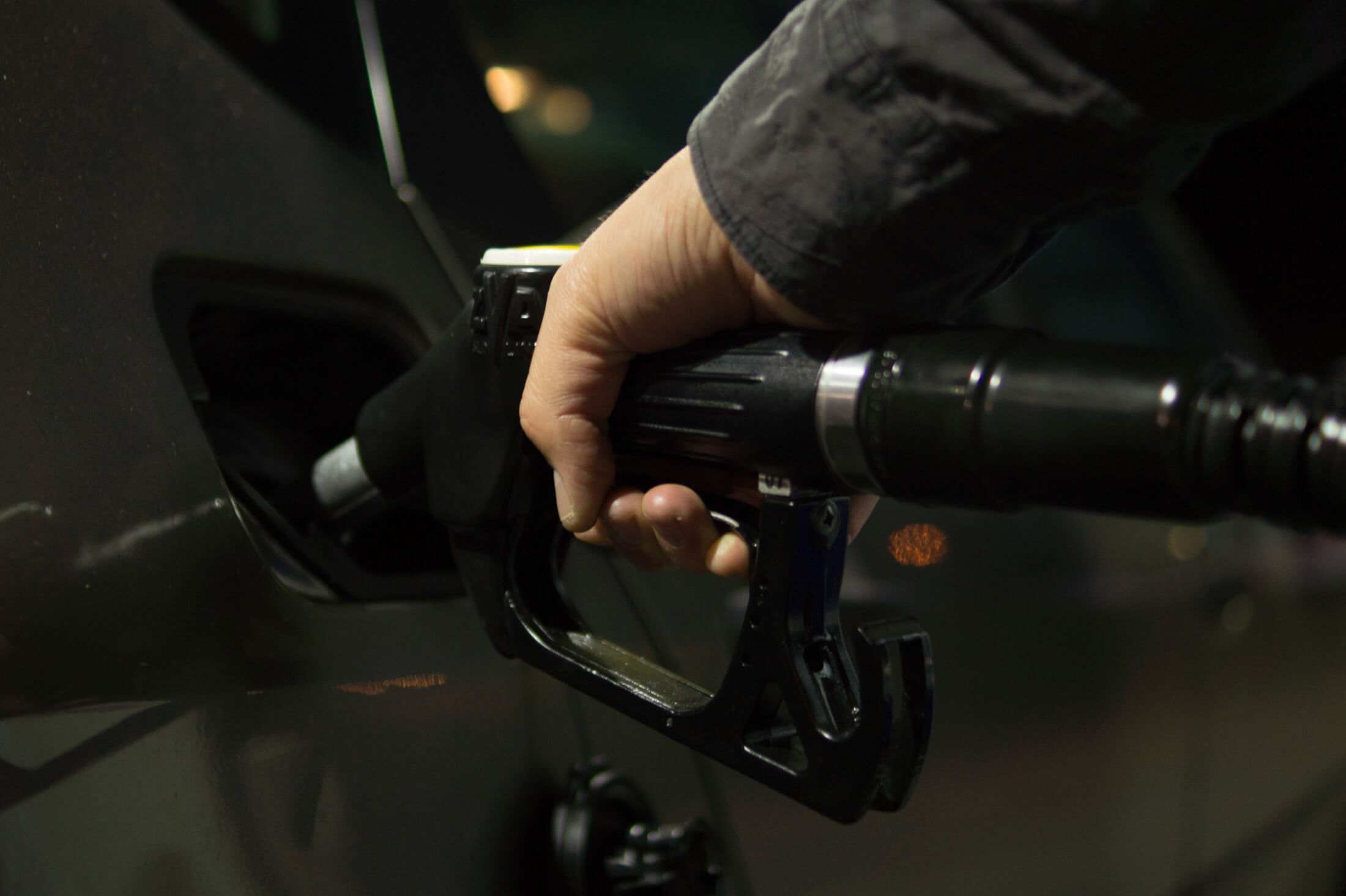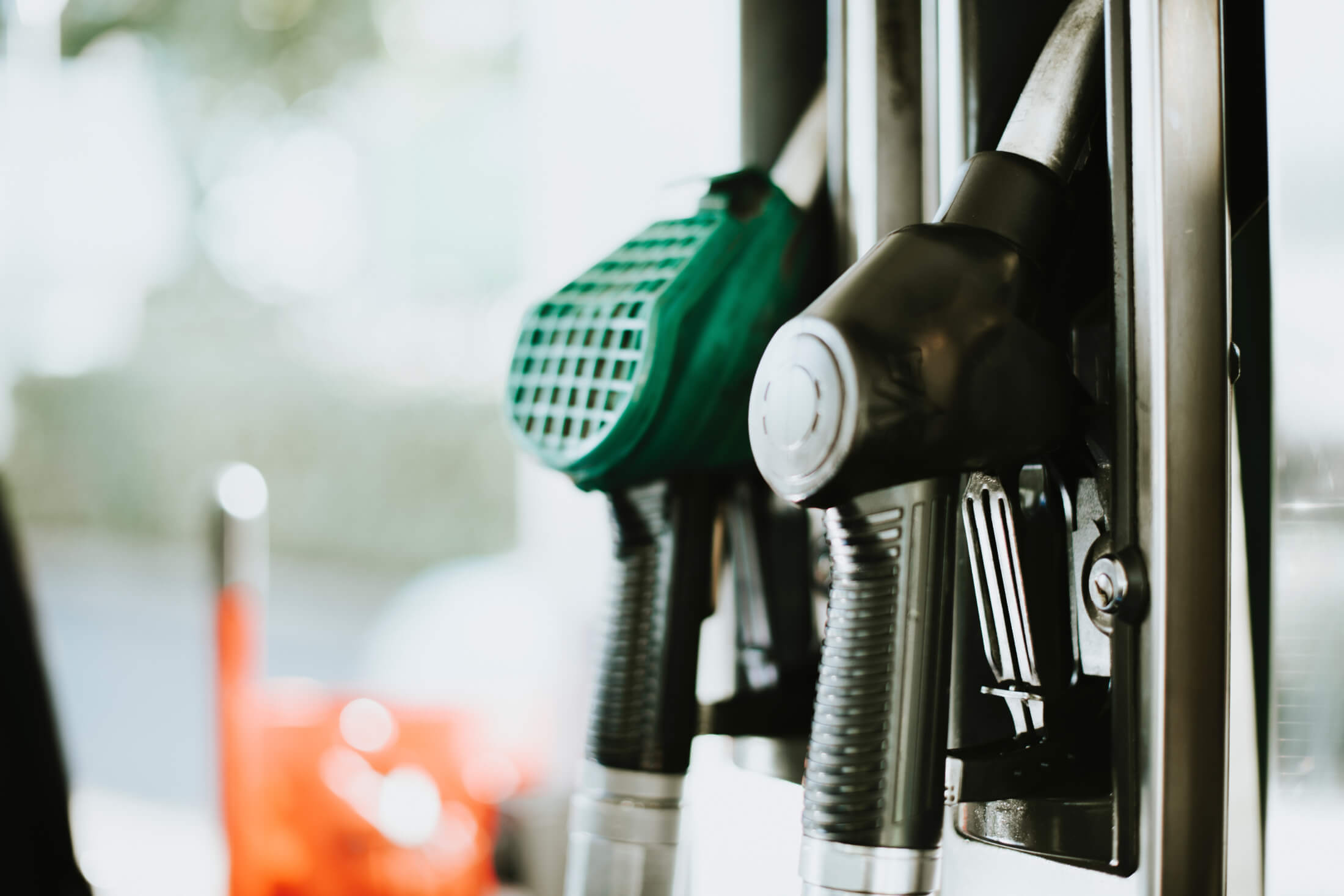Drivers can expect an even higher petrol price per gallon, as the year progresses
At a time when everyone is keeping a tight hold on their purse strings, the UK driver is no exception.
Fluctuating prices at the pumps could be leaving you questioning if you’re getting a good deal on your motoring fuel costs or not, and the rise of petrol prices in July is likely to be followed by more of the same throughout the year.
Wholesale oil price increase in July causes a surge to the petrol price (UK)
Since January, there has been a steady rise in the cost of petrol in our UK at supermarkets and service stations alike.
According to the RAC, the average price of a full tank of fuel should now cost consumers £72.57. In January it would have cost £70.81.
The rise in the price at the pumps can be split into 2 areas.
The first of which was the surge in the wholesale price of oil at the end of July. However, this wasn’t the only factor.

The value of the pound dropping by 3% is an extra kick in the wallet
As the contest for the Country’s leadership came to its expected finale, with Boris taking the helm, the strength of sterling took a dip. Again.
Sadly, whether this is a simple coincidence or just another blow for the residents of the UK, it’s having a real effect.
The UK economy is flailing; on top of the circus of Brexit, the pound is now at its lowest against the dollar since March 2017.
With the price of oil rising, and the value of the pound falling, the cost of fuel prices today are only going to suffer—and that’s bad news for British drivers.
What happened to the ‘petrol prices falling’ good news we were teased with in June?
Yes, for a second there we had reason to think things were looking up. June petrol prices fell by 3p per litre to 127.62p—a significant drop after seeing the forecourt fuel prices reach their yearly high (so far) in May.
Thanks to June’s dip, the fuel price today is still lower than it was at the beginning of June—but it probably won’t stay there for long.
Experts estimate that with the rise in oil prices and the fall of the pound, petrol prices in August could reach a price to top May’s high of 130.67p per litre price.
And the news is set to get worse still, with the strong possibility of a No Deal Brexit.
A No Deal Brexit will likely hit petrol hard in the short term
The governor of the Bank of England has chipped in with his thoughts on the prices of petrol in the UK—and what he thinks it will mean if a No Deal Brexit happens.
He suggested that a lot of the trade prices would rise, as the pound would plunge further still than it already has. Top of the list of consumables to suffer immediate prices rises were fresh groceries and petrol.
As much as the nation is sick of hearing about Brexit (it really has dragged its heels for way longer than anyone anticipated or believed it could have), if you’re concerned about the price you’re going to pay for petrol over the next year or two, and it’s expected rise, this is the key place to look out for more bad news.
Ways to save money on fuel prices today
A penny saved is a penny earned, and given how dependent we are on our cars, it’s an unrealistic option to simply try to use them less. But if you can—do.
- Look for the busiest petrol stations
The busier the garage is, the more fuel they buy. With additional buying power, many of these retailers can command a more preferential rate when buying their fuel.There’s a chance they’ll pass this gain on to customers to compete with the garages in their area.
- Use the bigger service stations
Again, the larger the operation, the better rates they can procure with their suppliers.You could be taking advantage of their good business practices. - Find the stations where the competition for customers is high
If there are a handful of petrol stations in one small area, they’re all going to be fighting for the same customers.This can develop healthy competition where the real winner is going to be the customer. Keep a constant eye on who’s got the best prices for when it’s time to fill up. - Utilise the supermarket petrol pumps
The supermarkets offer the lowest petrol prices in the UK.Hitting the supermarket petrol pumps instead of the street-side service stations will save you up to 5p a litre. - Take advantage of supermarket vouchers and special offers
Not only do the supermarkets have a strong buying power with the fuel wholesalers, but they also use petrol prices to lure customers into the store.The fuel prices Tesco and Sainsbury generally charge can often be reduced in a simple step. In the past 2 months, both have offered vouchers reducing their petrol prices by 10p a litre for shoppers spending over £60 at the tills.Also, any vouchers administered when you fill up may provide you with a deal for the next time you return to buy their fuel.
- Buy your petrol where the local economy is low
Expensive areas to live will charge more for your petrol tank top-up. Motorway services, airport routes and rural areas will charge a premium for fuel.Find the areas where rent and property prices are low, and you’ll find the places where the petrol prices fall appropriately lower too. - Check out the range of petrol prices apps and online petrol price calculators
Using mobile and app technology, you can now monitor who’s offering the best fuel prices in your area.If you’re planning a journey, then the petrol price calculators can help you figure just how much it will cost and how much you can save by hunting down cheaper fuel.Is there an even cheaper option? Bus? Train? Check ticket prices against fuel costs, and why not carpool with the people you work with? It could save you in fuel costs and the wear and tear on your car to boot.
If you really want to save some money on petrol, move to Wales!
As regional prices vary, it’s no surprise that the hardest hit by the price increases are in and around London. Prices in the East and South East of the UK regularly match the Capital’s prices, with prices in the Midlands following closely behind.
Wales, however, showed the lowest percentage increase in petrol prices and the lowest prices available. So if you’re really serious about saving some money on your fuel costs, maybe you should take a holiday in Wales this year, instead of jetting off to the Med…
